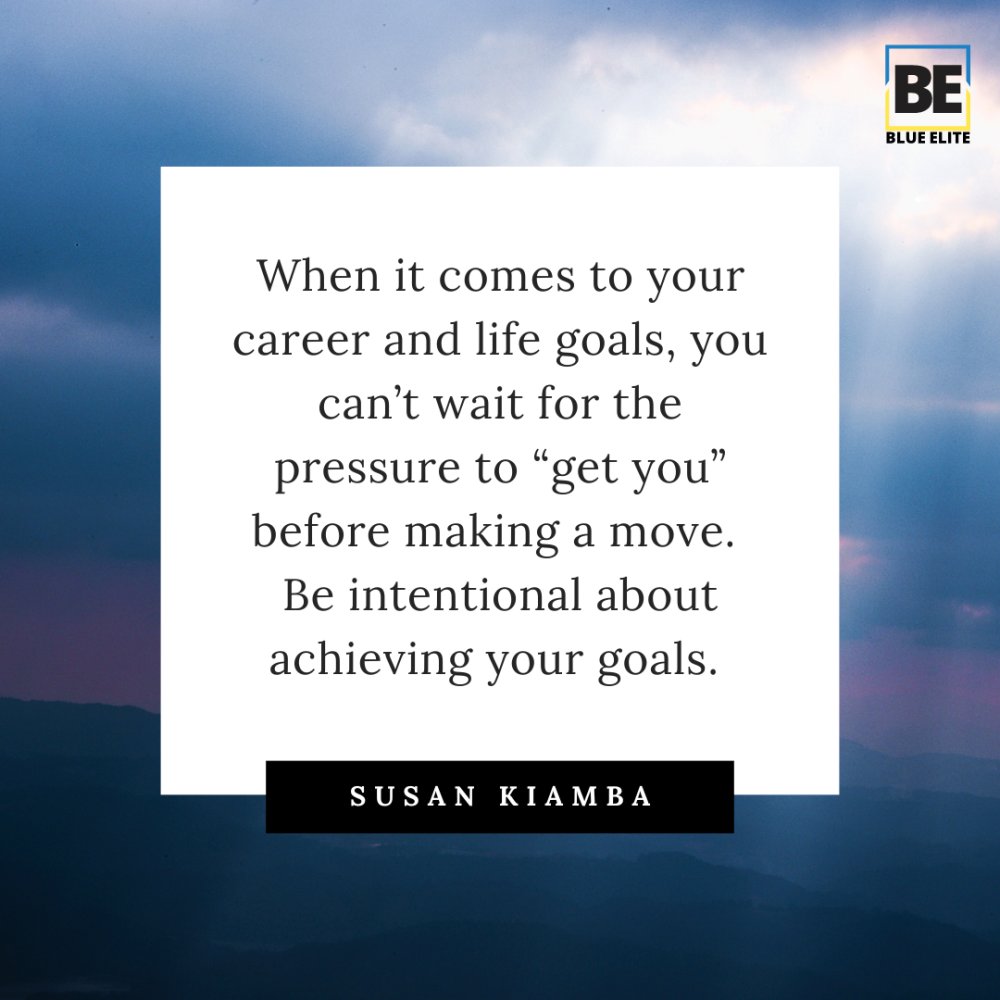Have you been asking yourself how you can unlock your career?
2022 is quickly coming to an end, and just like that, 2023 is here with us. You had many plans for 2022 which didn’t see the light of day.
What do you do with all those plans? Do you forget about them? Or should you try to rework them in 2023?
I attended a training that reminded me about the power of asking questions. And not just any questions, but powerful questions. The reasons to ask powerful questions?
- A chance to self-reflect
- An opportunity to unlock your next steps
- A way to systematically eliminate options which won’t help you so you can identify the options which will
Let’s look at how you can apply each question to unlock your next steps:
1. WHERE? Where is a situational analysis question.
- Where am I now?
- Where do I want to be instead?
- Where did I want to be by now?
For example:
- I’m in a job that I love but no longer challenges me, and I want to move into a similar position in a different industry.
- I’m feeling stuck in my current job, but I know I can do so much more. So, I want a promotion to a manager position.
Okay, so you have a clear picture of where you are now and where you want to go.
2. WHAT? What is the next level of question which helps you get to the bottom of your deepest desire. Or reconnect with your hopes and dreams.
- What kind of life do I want to live?
- What does my dream job look like?
- What would I be doing if money wasn’t an issue?
- What brings me joy, a sense of peace and the greatest fulfillment?
- Which qualities do I need to succeed in my career?
As you answer these questions, you’ll want to silence that inner voice which says, “but”……
🤔But…….what makes you think you deserve it?
You need to be realistic……
Because it just can’t happen….
🤔What makes you so special you think you can get your dream job?
There is a place to ask those questions. But, at this point in the exercise, you only need to take notes.
REMEMBER: Don’t edit yourself – allow yourself to dream and imagine!
Done? Let’s move on to the next question.
3. WHY? Why is the compelling reason behind your WHAT to unlock your career.
You need to stay focused on your career goals – WHY is that reason. Everyone’s why is different. So find yours and allow that reason to keep you moving towards your goal.
Keeping asking why until you get to the heart of your core reason for wanting what you want.
For example:
- A new job in a different environment could mean peace of mind and good mental health.
- A promotion could be an opportunity to do meaningful work which aligns with your values.
- A job could mean a roof over your head, food in your family’s stomach and security.
- More money could mean better care for your aging parents, a long-awaited dream holiday or even more time, freedom and peace of mind.
4. WHEN? When is your deadline which creates a sense of urgency and helps you track your progress to unlock your career.
Asking when helps you plan the activities which will get you to your desired goal.
For example,
When you were in school, you had the exam calendar which told you when you needed to be ready to sit an exam for each subject. With the deadline in mind, you could create a study plan to increase your chances of success in the exam. If you were one of those “works well under pressure” people, you know from experience how stressful that approach is.

What does that look like in practice?
If you’re looking for a job, it could mean……
“I will spend 30 minutes on LinkedIn daily growing my network and interacting with people at the companies I would like to work at.”
If you’re looking for a promotion at work, it could mean…..
“I will find a mentor to guide me on how to move into a senior leadership role.”
If you want to learn a new skill, it could mean,
“I will set aside 2 hours in my calendar every weekday to complete a course about interviewing skills.”
Finally, let’s look at the last question – WHO!
5. WHO? Who talks about the partners and support system you’ll need along the way.
Identify your winning team to help you achieve your goals. It can be a friend, a mentor, a coach, or even a trainer. Whatever you do, don’t walk alone. You’ll achieve more faster by inviting others to walk with you.
Where? | What? | Why? | When? | Who?
In conclusion, those five powerful questions will help unlock your next career steps for 2023. Would you prefer a downloadable summary of the five questions? Get it here!
Do you need help to unlock your career for 2023? Comment “UNLOCK“ below.








